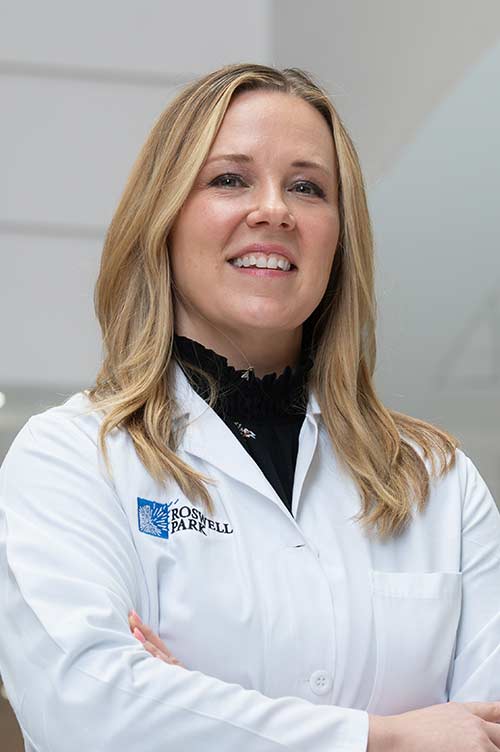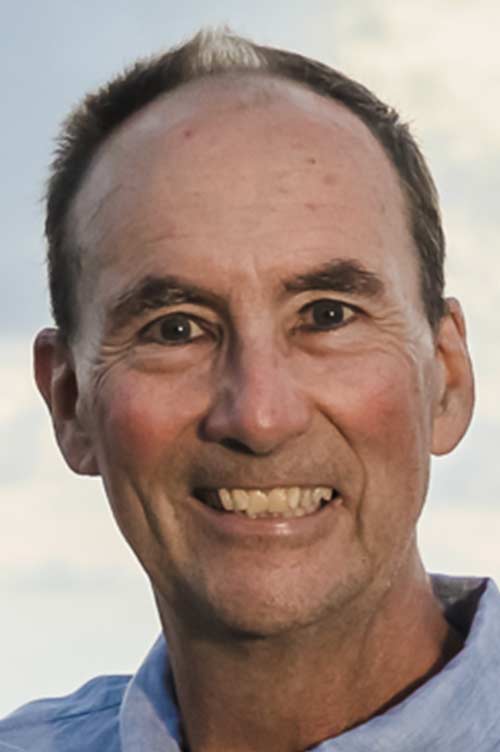


Exercise, or simply moving the body, can be an important part of cancer recovery, both physically and emotionally. In this episode, Dr. Shernan Holtan of Roswell Park Comprehensive Cancer Center and blood cancer survivors, Paul Rothweiler and Joe Grey, share about a clinical trial they developed to introduce a personalized strength training program to patients and caregivers.
Dr. Holtan highlights the benefits of strength training for all patients, while Paul and Joe share how exercise has aided their physical and emotional recovery during and after their treatments. For patients and survivors who may be fearful or nervous about starting an exercise program, this episode is for you!
Podcast: Play in new window | Download
Subscribe: Spotify | Pandora | Blubrry | Podchaser | More
CLICK HERE to participate in our episode survey.Mentioned on this episode:
- Mental Health
- Let’s Talk About Stem Cell Transplantation: Benefits and Side Effects podcast episode
- Quality-of-Life: Managing Cancer-Related Fatigue podcast episode
- Powerful Benefits – article on clinical trial
- Survivorship Resources
- Exercise, Fitness and Workout Tips and Advice (aarp.org)
- Strength Training At Home: 15 Exercises for a Full-Body Workout (today.com)
- A 30-day strength training routine — no equipment required (nbcnews.com)
- 5 Strength Training Workouts (for Beginners) | Nerd Fitness
Additional LLS Support Resources:
- Information Specialists
- Free Nutrition Consultations
- Financial support
- Free telephone/web patient programs
- Free booklets
- Young Adult Resources
- Online chats
- LLS Community
- Clinical Trial Support Center
- Support groups
- Caregiver support
- Caregiver Workbook
- Patti Robinson Kaufmann First Connection Program®
- Advocacy and Public Policy
- Survivorship Workbook
Support for this episode is provided by Genentech, a member of the Roche Group.

This was my first podcast. I have ALL and this was interesting to hear other people have same feelings I had. Amongst even the importance of exercise. I was very active prior to my diagnosis in April 2024. The loss of freedom of my active work life was overwhelming. This was encouraging to look forward to more and be a part of a support group.
I was diagnosed with a plasmacytoma in March of 2021 — fracture of the L4 from falling while playing kickball with my grandchildren. Spinal fusion surgery followed by radiation ensued. All good until October of 2022, multiple myeloma diagnosis. 12 weeks of chemo followed by autologous stem cell transplant March 10th, 2023. I did stretching and returned to golf in the summer, but not very successfully. Lots of pain in my spine from shoulders all the way down.
In December I read Dr. Peter Attia’s book, Outlive, and started resistance training on my own on January 1, 2024. I have missed about 5 days during this time — and the change has been remarkable. Lost weight, gained lean muscle mass, and feel fantastic. My internist could not believe the change at an appointment in July.
In short, resistance training should be a. part of every senior’s (I’m 73) life and especially for cancer survivors. I feel better than I have in 10 years.
I’m trying to create a habit of movement on a daily basis. I don’t like exercise. I am not athletic. I do understand the benefits. I continue to try to motivate myself to move more; more often, for a longer time and more consistently. This podcast provides me the info I need to keep advancing toward that goal.
It’s helpful to hear from some who have blood cancer. I’m not at their level, but it’s helpful to hear their stories and about their research. For certain it should be fun, but if it was, I’d be doing it, lol!
Very good ideas for more physical activities. I appreciate the program
As a life-long exerciser, AML/transplant patient, and researcher, I really appreciated this podcast on so many levels. As an individual, hearing other people to whom exercise was part of their lives, I was encouraged by sharing about the physical, mental, and emotional struggles of trying to get back “to normal”. My care team encouraged me to continue to exercise but I don’t know that they appreciated how frustrating that part of the road was. To them, I was doing great. To me, I was so far behind where I was before this journey. As a researcher, I was encouraged that this being studied in clinical trials. One of my closest friends, an educator at a large university, used my experiences to teach his students about the benefits of exercise during treatment. I also appreciated the discussion about getting more patients to realize the benefits. I think understanding patients’ motivations to or barriers not to exercise are important. For people who exercise because they truly enjoy it, I think it is easy to forget that some people’s primary motivation is the social support. Words like workout and exercise are very intimidating to some.
Valuable episode. Would like more information about strength training vs or along with cardio. I get light headed and dizzy and was wondering if one or the other is better with my breathing issue.
This was very good and informative. I’m more motivated to start some strength training. I like the idea of thinking of exercise as play: it reminded me when I used to go to the gym, some of the strength training machines were fun to me! It was motivating to hear how being physically stronger can help me. I have a sedentary job and it wears me out now that I am in treatment for Polycythemia Vera and have aged, but this gave me some hope. Excellent podcast. Thank you!
I completely agree with the comments of this excellent episode. I have been a certified personal trainer and health coach for several years. When I worked for the YMCA, I taught their LIVESTRONG program, a free program to introduce cancer survivors to the benefits of exercise. I witnessed incredible success stories. Little did I know that a few years later, I would be battling multiple myeloma myself. I was diagnosed about 5 months ago, and I am in my first line of treatment; the treatments are working but there is no remission yet. As soon as I was able, I returned to daily workouts. During a typical week, I do three strengthening workouts and 2 – 3 cardio workouts. Exercise has always been an integral part of my life, and being able to return to it (albeit at a lesser level of intensity and weights) has helped me to develop and maintain the attitude and motivation that I need to attack this cancer. Successfully completing a workout provides me with the uplift that helps me face whatever the day brings.